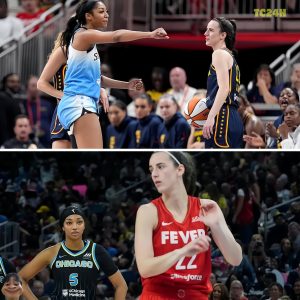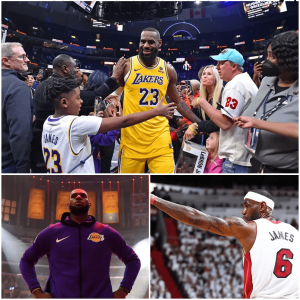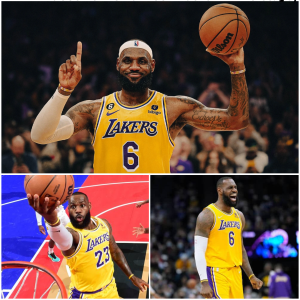Michael Jordan’s return to the NBA with the Washington Wizards remains a pivotal yet regretful chapter in his storied basketball career. In a candid interview with Marvin R. Shanken in 2005, Jordan reflected on his decision to come out of retirement and play for the Wizards, admitting it was a mixed experience.
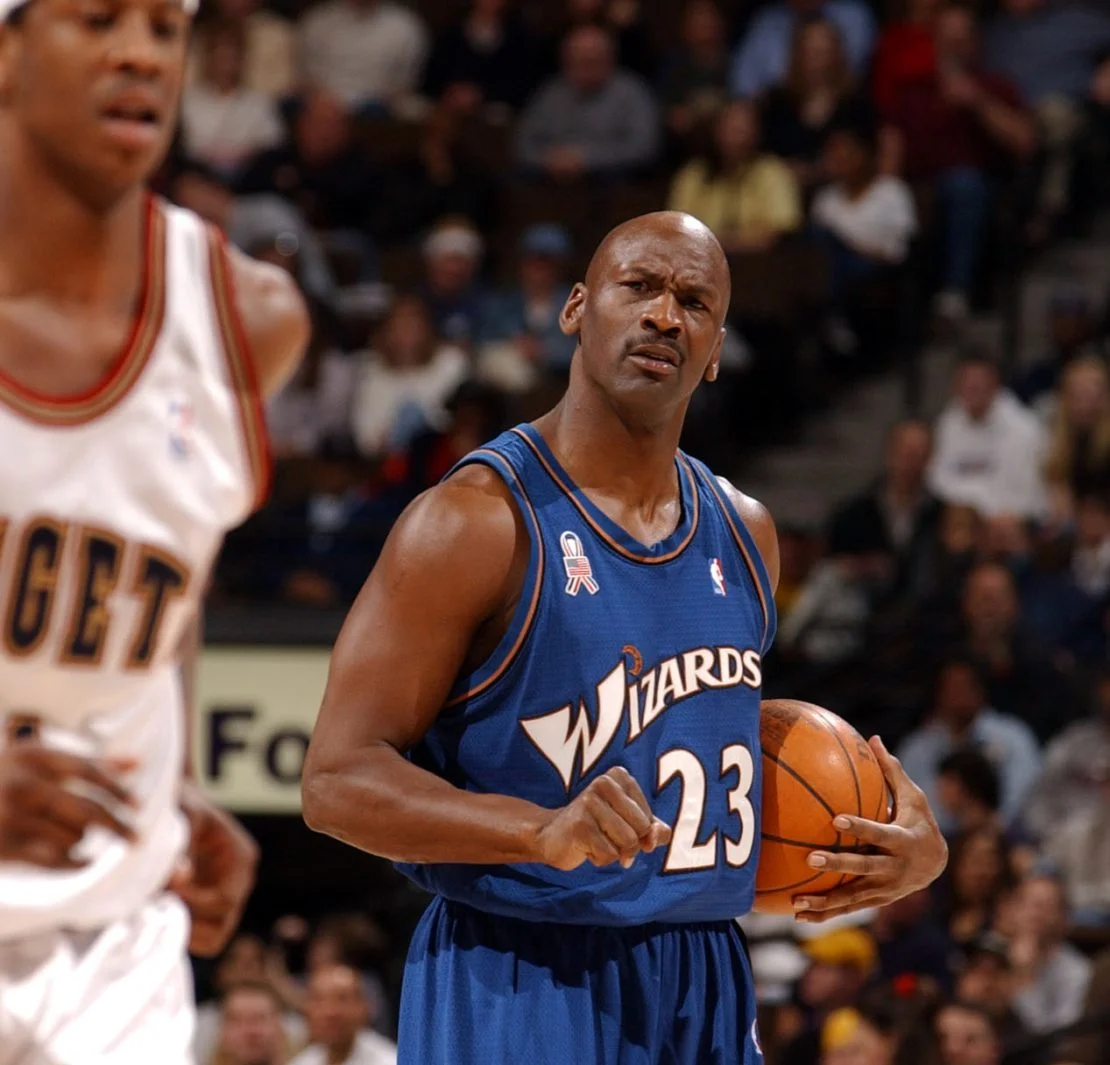
“One of the bad decisions I made was to go back and play. Even though I was soothing an itch that I had, I also thought I was being innovative in my job by going down and evaluating the talent firsthand,” Jordan confessed. His intention was to immerse himself in the role of a player-executive, evaluating the team’s strengths and weaknesses on the court.
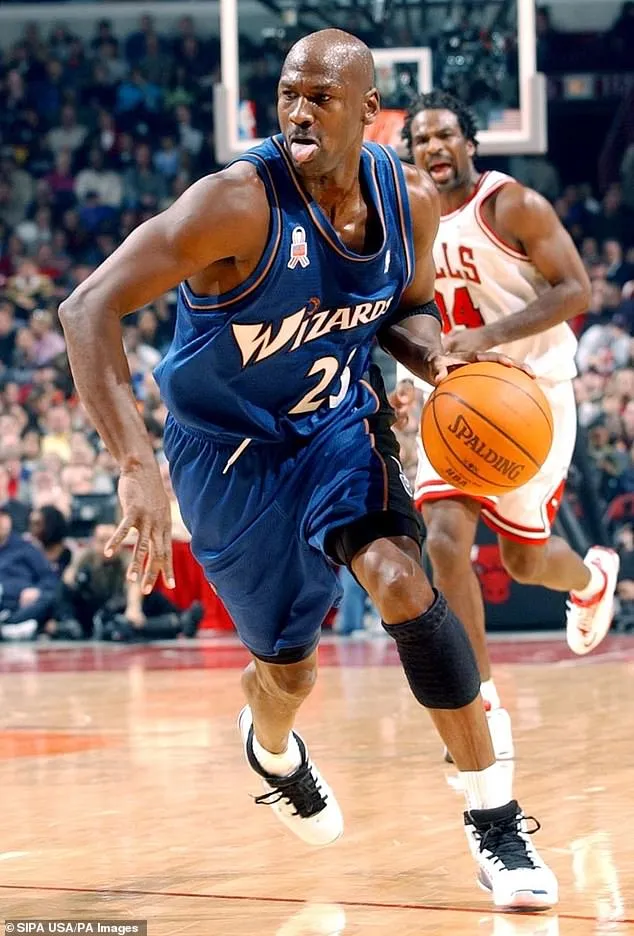
However, Jordan’s legendary competitiveness and high standards proved challenging for his teammates. “I became more critical of them because of the way I played the game and the way I approached the game, and the players didn’t respond to that,” he explained. This dynamic strained relationships and created a difficult atmosphere within the team.
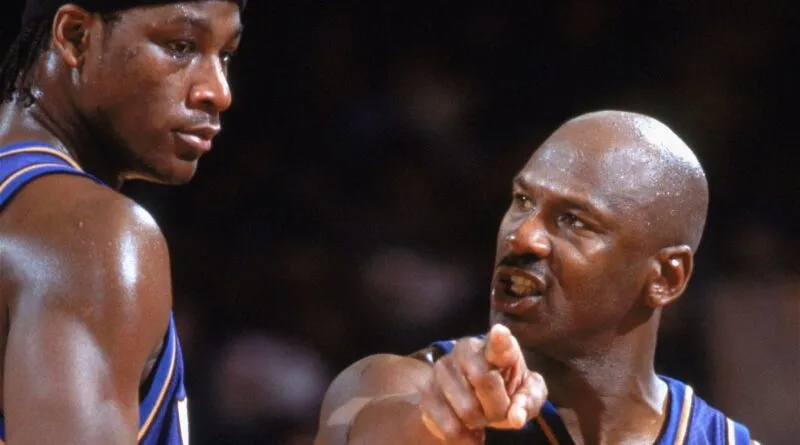
Beyond playing, Jordan assumed a leadership role in the Wizards’ front office, serving as both a part-time owner and president of basketball operations. Despite his efforts, the team’s performance and financial situation posed ongoing challenges. “With the Washington situation, there was an agenda. They were well over the cap and they were losing money,” Jordan disclosed, highlighting the complexities he faced in his executive role.
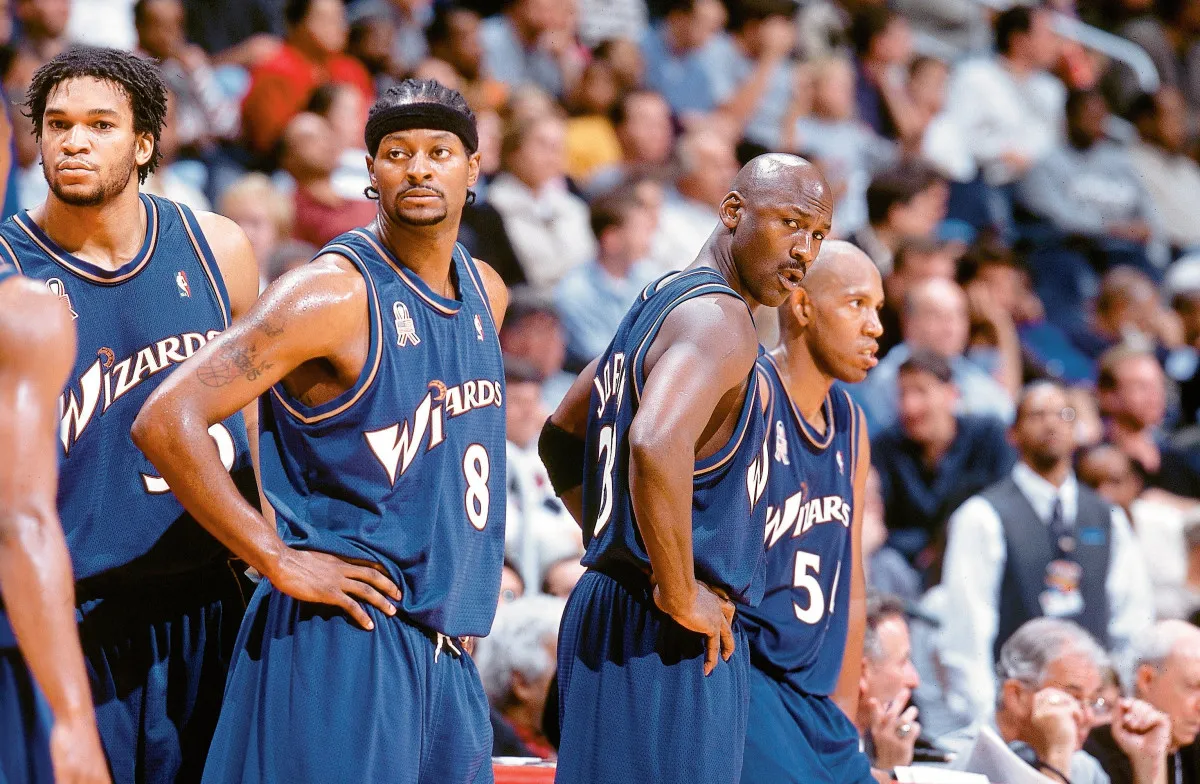
Despite the mixed results off the court, Jordan’s return to playing basketball at age 38 and 39 showcased glimpses of his enduring greatness. In two seasons with the Wizards, he averaged an impressive 21.2 points, 5.9 rebounds, 4.4 assists, and 1.5 steals per game. His contributions included memorable performances such as scoring over 40 points in eight games and dropping 51 points in a single game, providing Wizards fans with unforgettable moments of his basketball prowess.
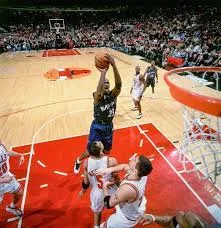
While Jordan’s tenure in Washington didn’t culminate in playoff success, his impact extended beyond statistics. He rejuvenated fan enthusiasm and gave the team a taste of championship-level competitiveness. His presence alone elevated the Wizards’ profile and brought excitement to the city of Washington, D.C., reflecting his enduring legacy as one of the greatest athletes in basketball history.
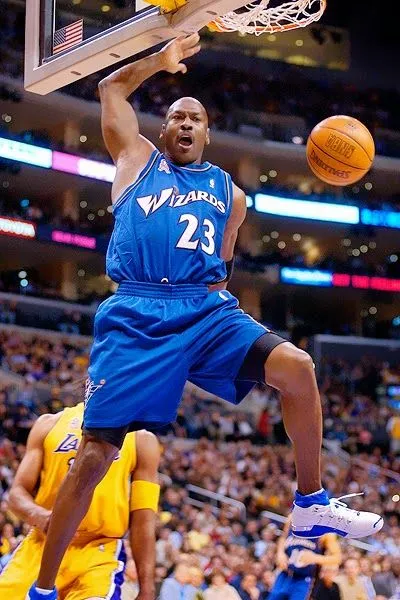
In retrospect, Jordan acknowledged the challenges and lessons learned from his time with the Wizards, underscoring his relentless pursuit of excellence both on and off the court. His tenure may not have yielded the desired results in management, but it added another layer to his iconic basketball journey, leaving an indelible mark on the sport and the teams he touched.

